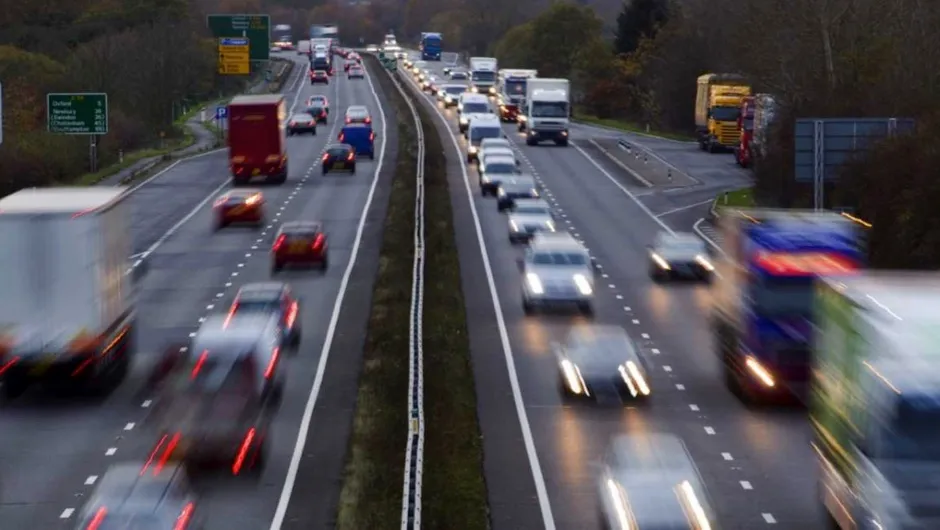The richest 10 per cent of people consume around 20 times more energy than the bottom 10 per cent, an international study carried out at the University of Leeds has found.
The research, which covered 86 countries including all of Europe, looked at how different income classes tend to spend their money.
Unsurprisingly, it found that the richer people become, the more energy they tend to use. But it also showed that rich people tend to spend their extra money on the highest carbon activities - and in particular transport.
Read more about climate change:
- Why a carbon tax could be the answer to climate change
- Climate change: should we change the terminology?
- Wine is under threat from climate change, so change to hardier grapes, experts warn
“All over the world, the trend is that richer households within each country spend their extra money on energy-intensive goods and services that are related to transport,” said Julia Steinberger, professor ecological economics at the University of Leeds and co-author of the paper. “This inequality and the overuse of transport by richer income classes was really quite a surprise to me.”
The disproportionally-high transport energy used by rich people is due to them taking more flights, buying more and larger cars and driving longer distances in them, shows the paper, which was published in the scientific journal Nature Energy.
“Even within countries like Germany or the UK, richer households tend to be responsible for the kilometres driven,” said Steinberger. “Not necessarily the number of trips, but the super-long trips where people are crisscrossing the country with their large cars tend to be richer households.”
The finding that transport, and especially flying, is the most unequal form of energy use is the most striking part of the new study, said Tim Gore, head of policy on climate, food and land rights at Oxfam, who was not involved with the study. “Across the 86 countries studied, the poorest 50 per cent of people are responsible for less than 5 per cent of energy used in aviation, while the top 10 per cent richest are responsible for 75 per cent,” he said.

The research could help to shed light on which climate policies are best placed to cut emissions in different areas, says Steinberger.
For example, taxing high consumption of vehicle fuel and flights could cut emissions and energy use because they are luxury products that richer people tend to consume a lot of.
“Policies that target those high consumers through monetary means and taxation make absolute sense,” said Steinberger.
On the other hand, taxing home heating would make little sense for cutting emissions from energy, since heating is an essential service that all people need, whether rich or poor.
“The findings confirm that governments should avoid taxing energy used for essential purposes like heating homes, and instead invest public funds in retro-fitting houses and buildings, as such measures are unlikely to be affordable to all,” said Gore.
Reader Q&A: Do we really know what climate change will do to our planet?
Asked by: Jennifer Cowsill, via email
There is no doubt that greenhouse gas emissions caused by humans are changing our climate, resulting in a progressive rise in global average temperatures. The scientific consensus on this is comparable to the scientific consensus that smoking causes lung cancer.
Our climate is a hugely intricate system of interlinking processes, so forecasting exactly how this temperature increase will play out across the globe is a complex task. Scientists base their predictions on powerful computer models that combine our understanding of climatic processes with past climate data.
Many large-scale trends can now be calculated with a high degree of certainty: for instance, warmer temperatures will cause seawater to expand and glaciers to melt, resulting in higher sea levels and flooding. More localised predictions are often subject to greater uncertainty.
Read more: